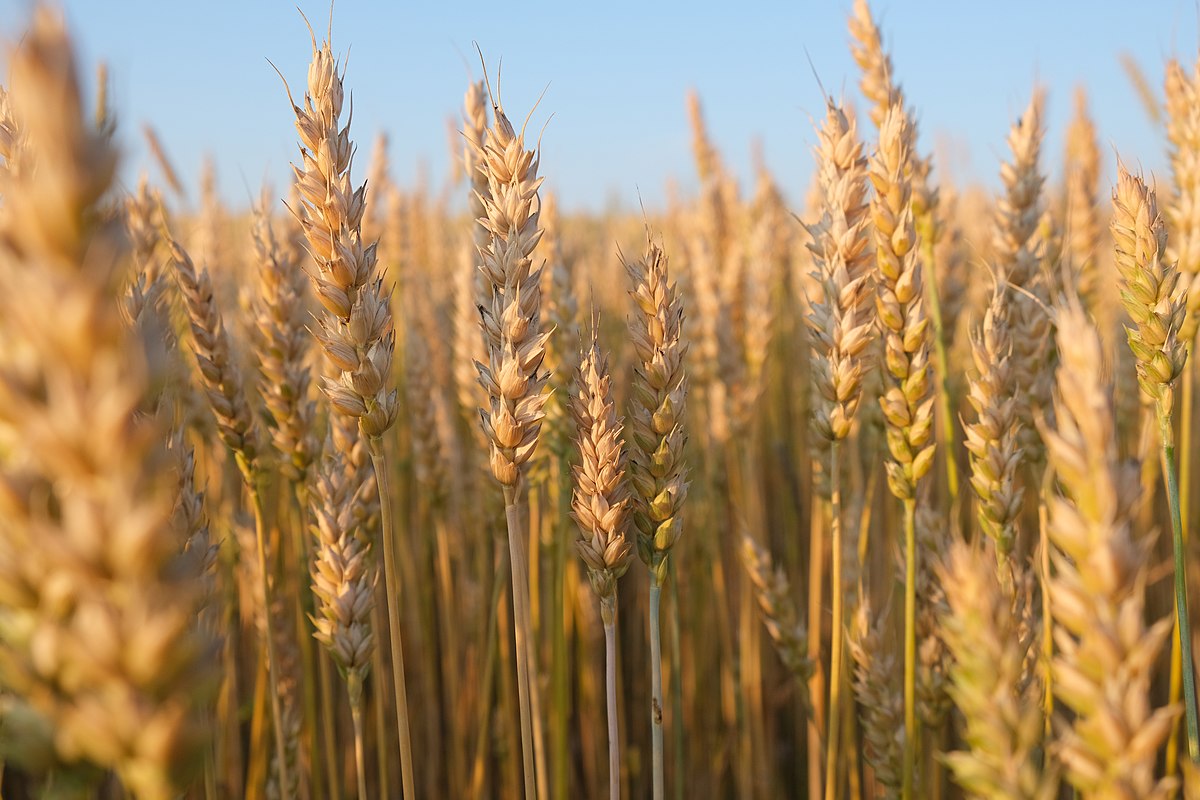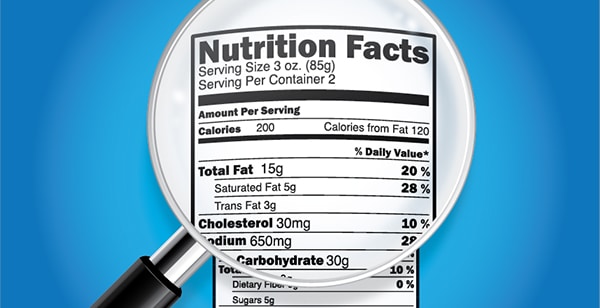Gluten-Free Weight Loss: Is It Really Healthier?
Separating Fact from Fiction in the World of Gluten-Free Eating
The gluten-free diet has exploded in popularity, touted as a solution for everything from weight loss to increased energy. But is it truly a healthier way to eat for everyone, or just those with specific medical conditions? This comprehensive guide dives deep into the science behind gluten-free eating, exploring its potential benefits, drawbacks, and crucial considerations for anyone contemplating this dietary change.
- What is Gluten and Where is it Found?
- Celiac Disease, Gluten Intolerance, and Gluten Allergy Symptoms
- Gluten-Free for Weight Loss: Does It Work?
- Potential Health Benefits Beyond Weight Loss
- The Downsides of a Gluten-Free Diet
- How to Implement a Healthy Gluten-Free Diet
- Finding Gluten-Free Food Near Me and While Traveling
- Expert Advice and Considerations
What is Gluten and Where is it Found?

Gluten is a family of proteins found in grains like wheat, barley, and rye. It's what gives dough its elasticity and bread its chewy texture. Gluten is present in a wide array of foods, including bread, pasta, cereal, crackers, pastries, and many processed items. It's also sometimes used as a thickener or stabilizer in sauces and condiments. Therefore, adopting a gluten free diet requires careful label reading to avoid hidden sources of gluten.
Celiac Disease, Gluten Intolerance, and Gluten Allergy Symptoms

Celiac disease is an autoimmune disorder triggered by gluten. When people with celiac disease consume gluten, their immune system attacks the small intestine, leading to damage and malabsorption of nutrients. Gluten intolerance, also known as non-celiac gluten sensitivity (NCGS), causes symptoms similar to celiac disease but without the same level of intestinal damage. Gluten allergy symptoms, on the other hand, are typically IgE-mediated reactions, presenting as hives, itching, swelling, or difficulty breathing. It's crucial to consult a doctor for proper diagnosis if you suspect you have any of these conditions. A gluten free diet is the primary treatment for Celiac disease and is often recommended for those with gluten intolerance after confirmation of diagnosis.
Gluten-Free for Weight Loss: Does It Work?

The connection between a gluten free diet and weight loss isn't straightforward. While some people experience weight loss when they go gluten-free, it's not a guaranteed outcome. Often, the weight loss is a result of reduced calorie intake from cutting out processed foods like bread, pasta, and baked goods. However, many commercially available gluten-free products are high in sugar, fat, and calories, and can actually contribute to weight gain if not carefully selected. A gluten free diet itself doesn't inherently promote weight loss; it's the overall dietary changes and calorie control that make the difference. If you remove gluten but still consume processed, high-calorie gluten-free alternatives, you are unlikely to lose weight.
Potential Health Benefits Beyond Weight Loss
For individuals with celiac disease, gluten intolerance, or a gluten allergy, the primary health benefit of a gluten free diet is symptom relief and improved intestinal health. Eliminating gluten can alleviate digestive issues, reduce inflammation, improve nutrient absorption, and prevent long-term complications associated with celiac disease. Some people without diagnosed gluten-related conditions also report feeling better on a gluten-free diet, experiencing increased energy levels and improved mood, although this is not scientifically proven for the general population.
The Downsides of a Gluten-Free Diet

While a gluten free diet can be beneficial for some, it's not without potential downsides. Gluten-free products can be more expensive than their gluten-containing counterparts. They may also be lower in certain nutrients, such as fiber and iron, if not carefully chosen. Additionally, strictly adhering to a gluten-free diet can be socially challenging, making it difficult to eat out or attend social gatherings. Furthermore, the restriction could lead to nutrient deficiencies if the diet is not well-balanced. Consulting with a registered dietitian is recommended to ensure adequate nutrient intake and a healthy overall diet.
How to Implement a Healthy Gluten-Free Diet
:max_bytes(150000):strip_icc()/7032137-8a6db525972c4aeabdac3aff103213a0.jpg)
To make a gluten free diet truly healthy, focus on naturally gluten-free foods like fruits, vegetables, lean proteins, legumes, and gluten-free grains like quinoa, rice, and oats (ensure they are certified gluten-free to avoid cross-contamination). Limit processed gluten-free products, as they can be high in sugar, fat, and additives. Pay attention to portion sizes and ensure you're getting enough fiber, vitamins, and minerals. Planning meals in advance and cooking at home can help you control ingredients and nutrient content. It's vital to replace the eliminated gluten-containing products with healthy, whole-food alternatives.
Finding Gluten-Free Food Near Me and While Traveling

With the growing popularity of gluten free diet, finding gluten-free options has become easier. Many restaurants now offer gluten-free menus or have dishes that can be easily adapted. Grocery stores typically have dedicated gluten-free sections. Online resources and apps can help you locate restaurants and stores offering gluten-free food near me. When traveling, it's essential to research gluten-free options in advance and communicate your dietary needs clearly to restaurant staff. Consider packing some gluten-free snacks to ensure you have safe options available.
Expert Advice and Considerations
Before starting a gluten free diet, especially if you suspect you have celiac disease or gluten intolerance, it's crucial to consult with a healthcare professional. A doctor can perform tests to diagnose these conditions accurately. A registered dietitian can provide personalized guidance on how to implement a healthy and balanced gluten-free diet that meets your individual needs. Remember that a gluten-free diet is a medical necessity for some but not a magic bullet for everyone. Evaluate your motivations and health goals carefully before making this dietary change.
The Bottom Line: Gluten-Free and Your Health
A gluten free diet is a vital medical treatment for individuals with celiac disease, gluten intolerance, or a gluten allergy. However, for the general population, it's not necessarily a healthier or more effective way to lose weight. Focus on a balanced diet rich in whole foods, regardless of whether or not it includes gluten, to achieve your health and weight loss goals. Always consult with a healthcare professional before making significant dietary changes.